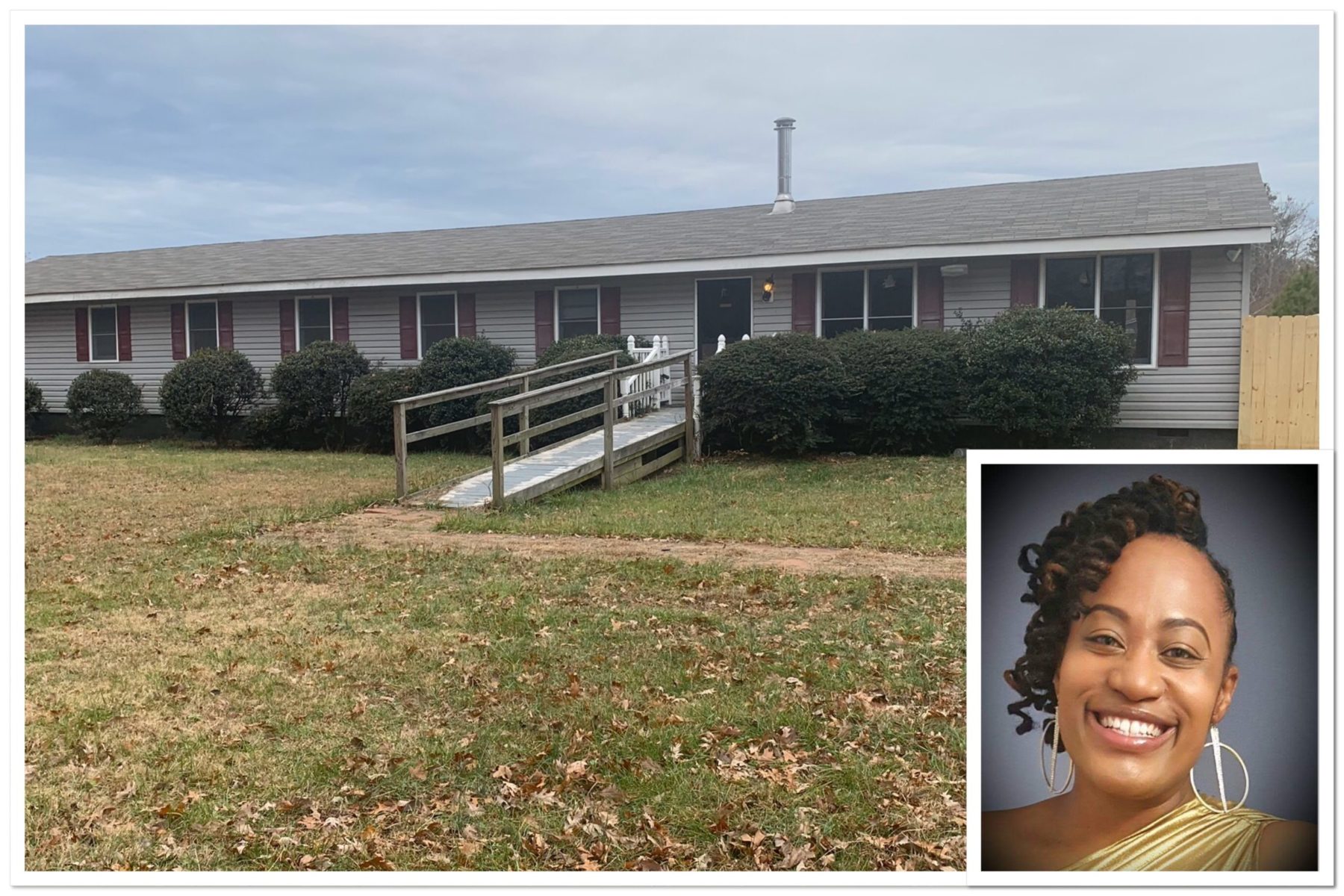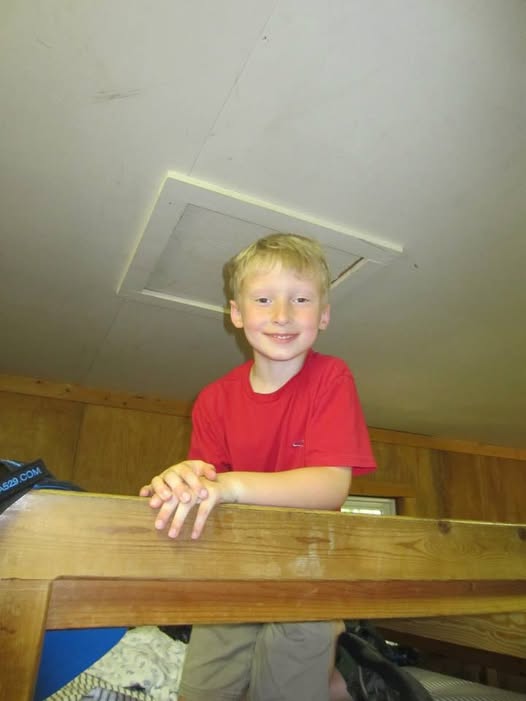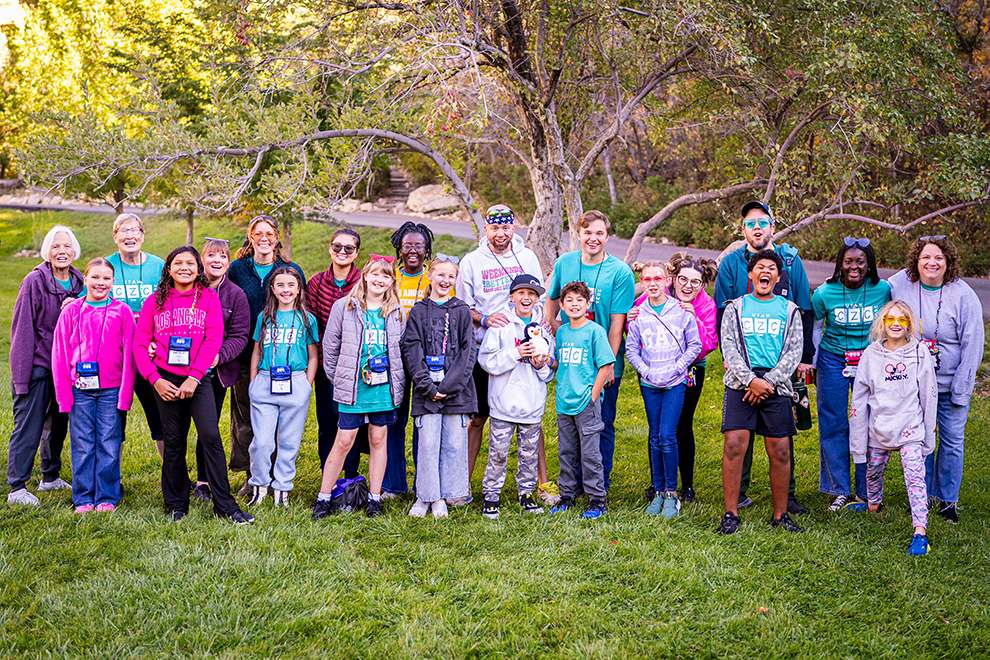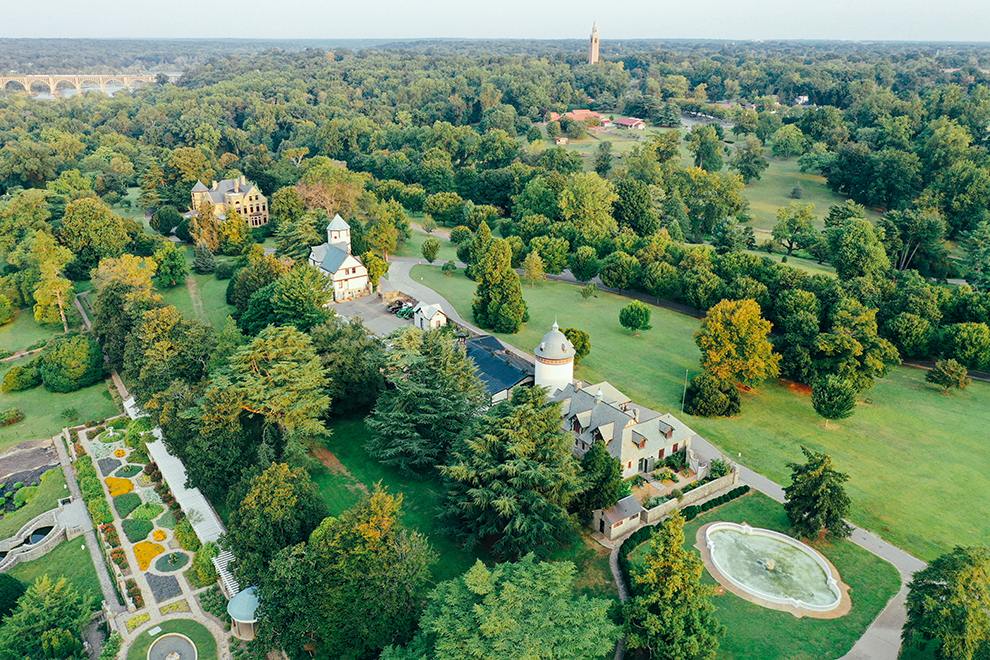
Two years ago, Narita Snead had multiple heath issues. She was diagnosed with cancer and also developed a pulmonary embolism and DVT from a simple knee surgery. That’s when she turned to her faith for answers.
“I asked, ‘what is my purpose?’” says Snead, a nurse practitioner and mom. “It was revealed to me that I should help others who are less fortunate.”
That “divine assignment” as she calls it led her to found Sodality Respite Inc. to provide hospice care to homeless individuals. She decided to work with the homeless because she believes they have an unmet need for hospice services. Sneed says she is unaware of hospice services in Virginia or in the U.S. specifically provide hospice designed for homeless persons.
“When you are homeless, you don’t have access to medical care,” she says.
Preparing for her future
A Richmond native, Snead has always found the medical field extremely interesting. In second grade she wanted to be a pediatrician after interviewing local pediatrician Dr. Walter Bundy.
But her goal changed in college when her godmother was diagnosed with breast cancer. “I watched her go through that,” Snead says. “All the doctors could see her disease, but they didn’t address her spiritual or psychological needs.”
That made a lasting impression on Snead who “fell in love with the role of a nurse practitioner because they are more holistic,” she says.
Snead had a bachelor’s degree in biology from Howard University and a master’s degree in public health management and administration before entering Virginia Commonwealth University School of Nursing where she received both her bachelors and masters in nursing. Once she finished her masters, she sat for her boards to become a nurse practitioner, providing internal medicine and primary care.
Taking the necessary steps
Snead is currently leasing a property in Varina with an 8-bedroom doublewide trailer building for the hospice she is planning. Her goal is to open the facility this summer.
“We are going to start with five beds,” she says.
Over the past few months she has received many donations, everything from hospital beds to financial support. “Our donations come from regular people who have a heart for other people,” she says.
The hospice will have service through Medicare and Medicaid. In addition to donations, Snead is also pursuing grants for funding.
Hospitals, social workers, and case managers will provide referrals for patients in need. “They are the ones on the front lines,” Snead says. “We will also get referrals from nursing homes, hospital emergency rooms, etc. We would love to partner with Homeward [which provides services for the homeless] and Commonwealth Catholic Charities.”
Snead has spent her entire life serving others in some way. “If you come to my house, you are leaving with a full belly and lots of hugs and kisses,” she says.
Her three sons (ages 8, 15, and 21) have learned from Snead’s example. They participate in various outreach activities. They also help out at the new hospice location. “They are very involved and very aware of people who are less fortunate,” Snead says.
Snead believes opening the hospice is a definite calling “in her life, in spite of the challenges,” she says. “I want to have a voice for those who have no voice and provide comfort where otherwise they would get no comfort.”





